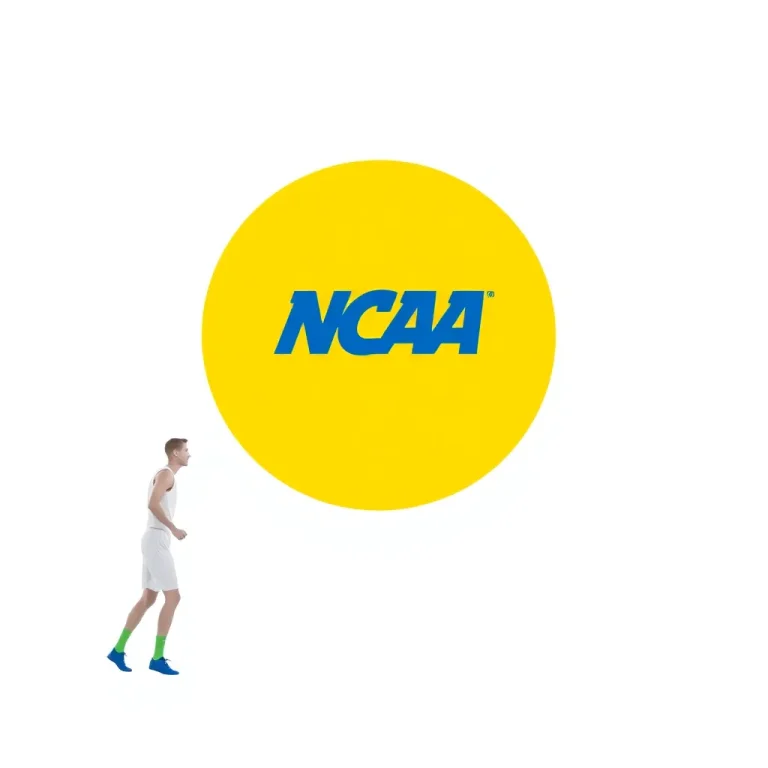In a significant move from the NCAA headquarters, located in Indianapolis, the Division I Administrative Committee has approved a new proposal that allows student-athletes and athletic department staff to participate in betting on professional sports. This decision marks a notable change in a long-standing policy that had become challenging to enforce, especially as legal sports betting continues to expand across the United States.
The plan, which is set to be discussed by Divisions II and III during their meetings at the end of October, may take effect as soon as November 1, pending approval. Currently, both student-athletes and athletic staff have been strictly prohibited from engaging in any form of betting on NCAA-sponsored sports, to which college sports betting will still remain restricted.
This proposed rule change comes in light of a rise in reported betting violations among college athletes. For instance, in September, an incident involving a Fresno State men’s basketball player was revealed, who allegedly manipulated his performance for gambling purposes, working together with two teammates on a prop betting scheme. Furthermore, the NCAA is currently investigating 13 other athletes from six different schools for potentially compromising the integrity of the games.
“The enforcement staff continues to investigate and resolve cases involving sports betting quickly but thoroughly,” stated Jon Duncan, NCAA’s vice president of enforcement, in a recent release regarding the change. “Enforcement staff are investigating a significant number of cases that are specifically relevant to the NCAA’s mission of fair competition.” The emphasis remains on protecting the integrity of college sports.
NCAA officials stressed that this new rule should not be viewed as an approval for betting but rather an attempt to address the emerging reality of sports gambling. Dr. Deena Casiero, the NCAA’s chief medical officer, endorsed the proposal, stating, “Abstinence-only approaches to social challenges for college-aged individuals are often not as successful as approaches that focus on education about risks and open dialogue.” This shift aims to promote awareness and understanding around the complex world of sports betting.


